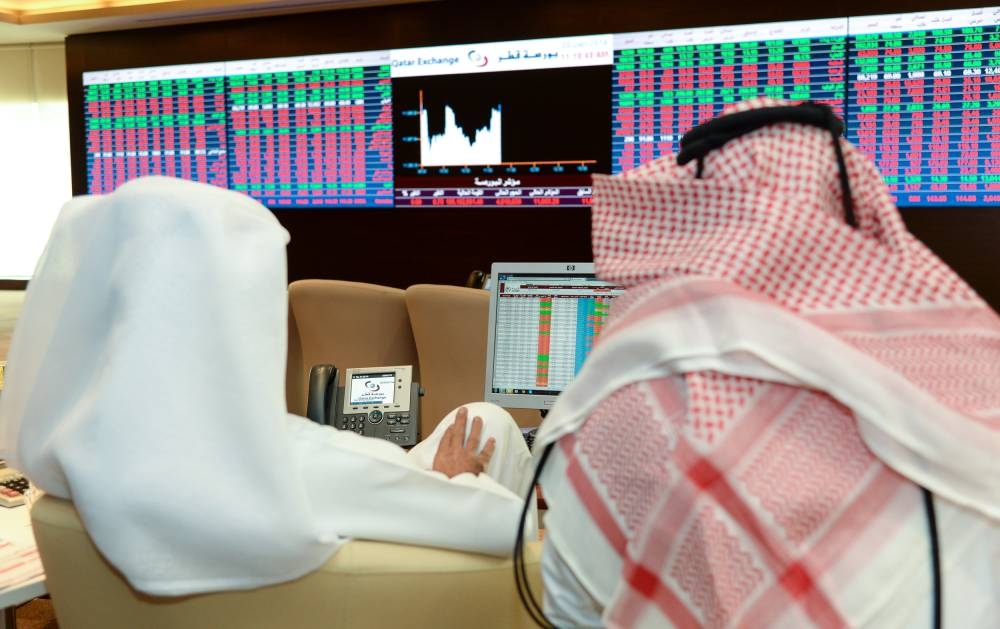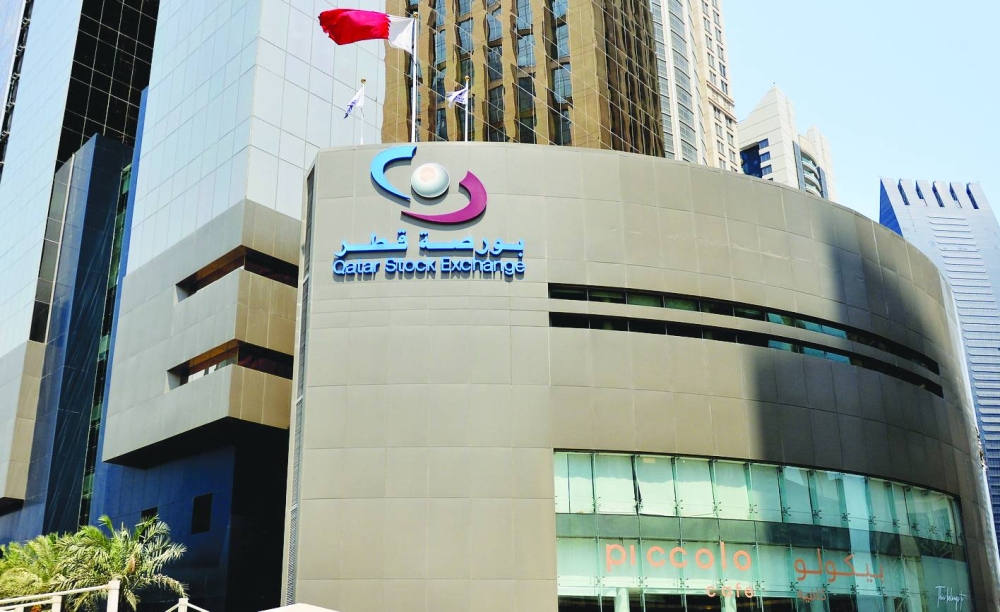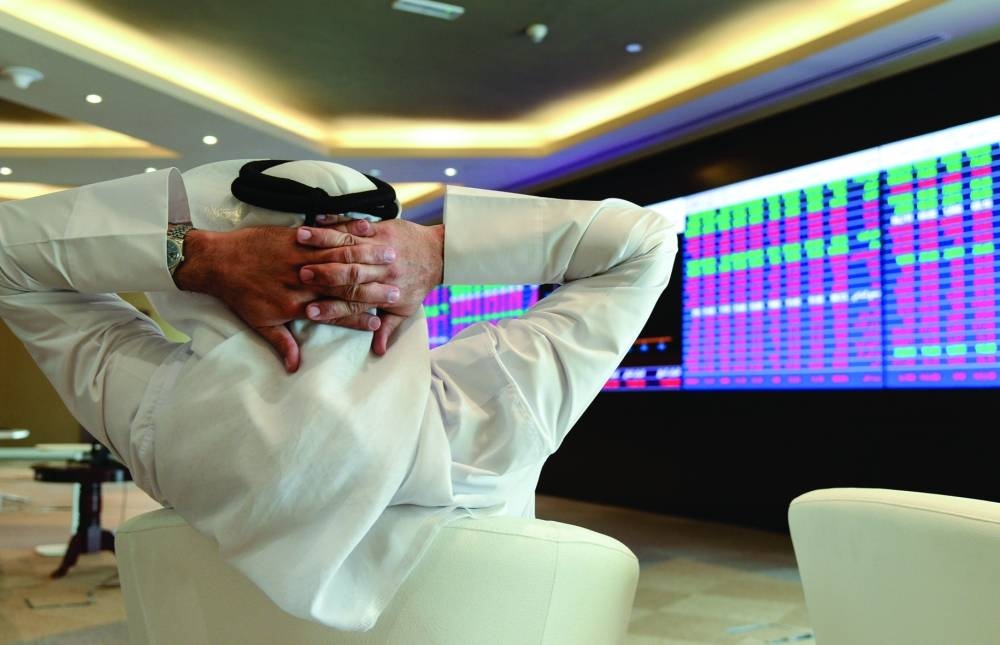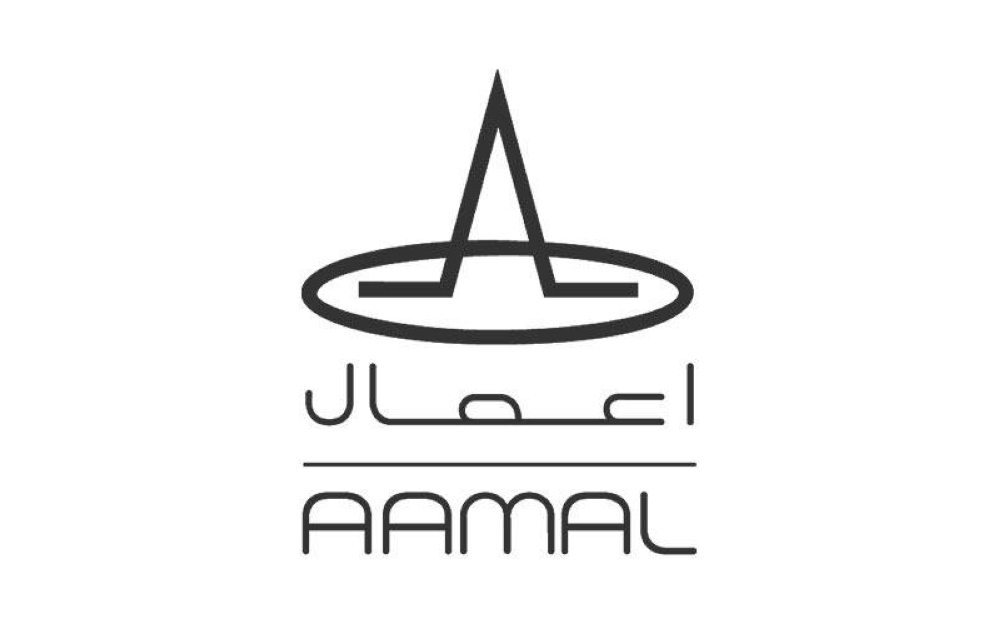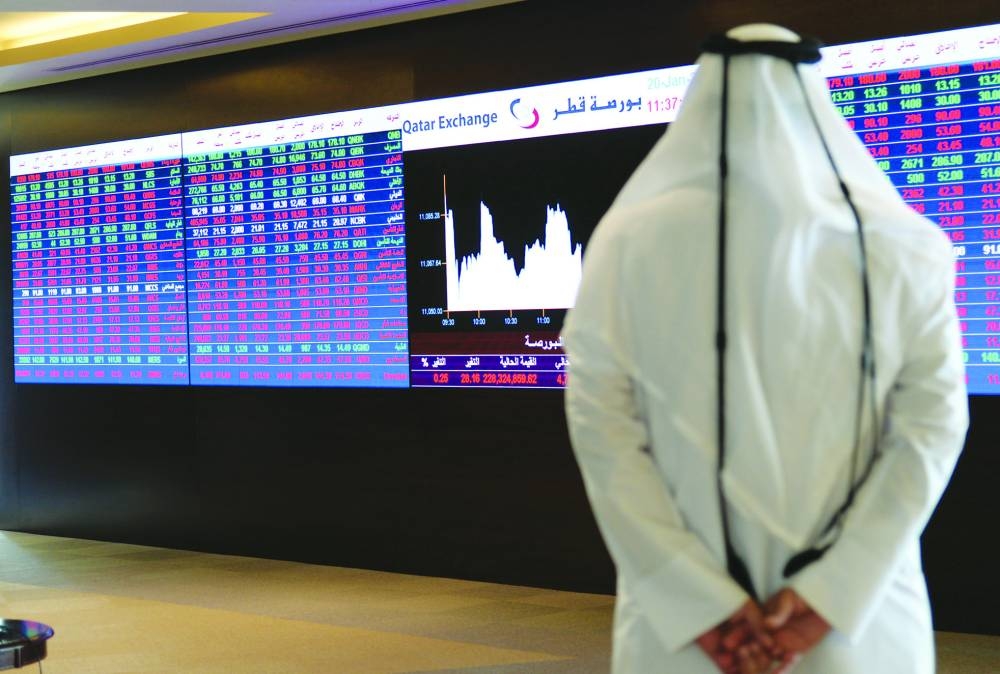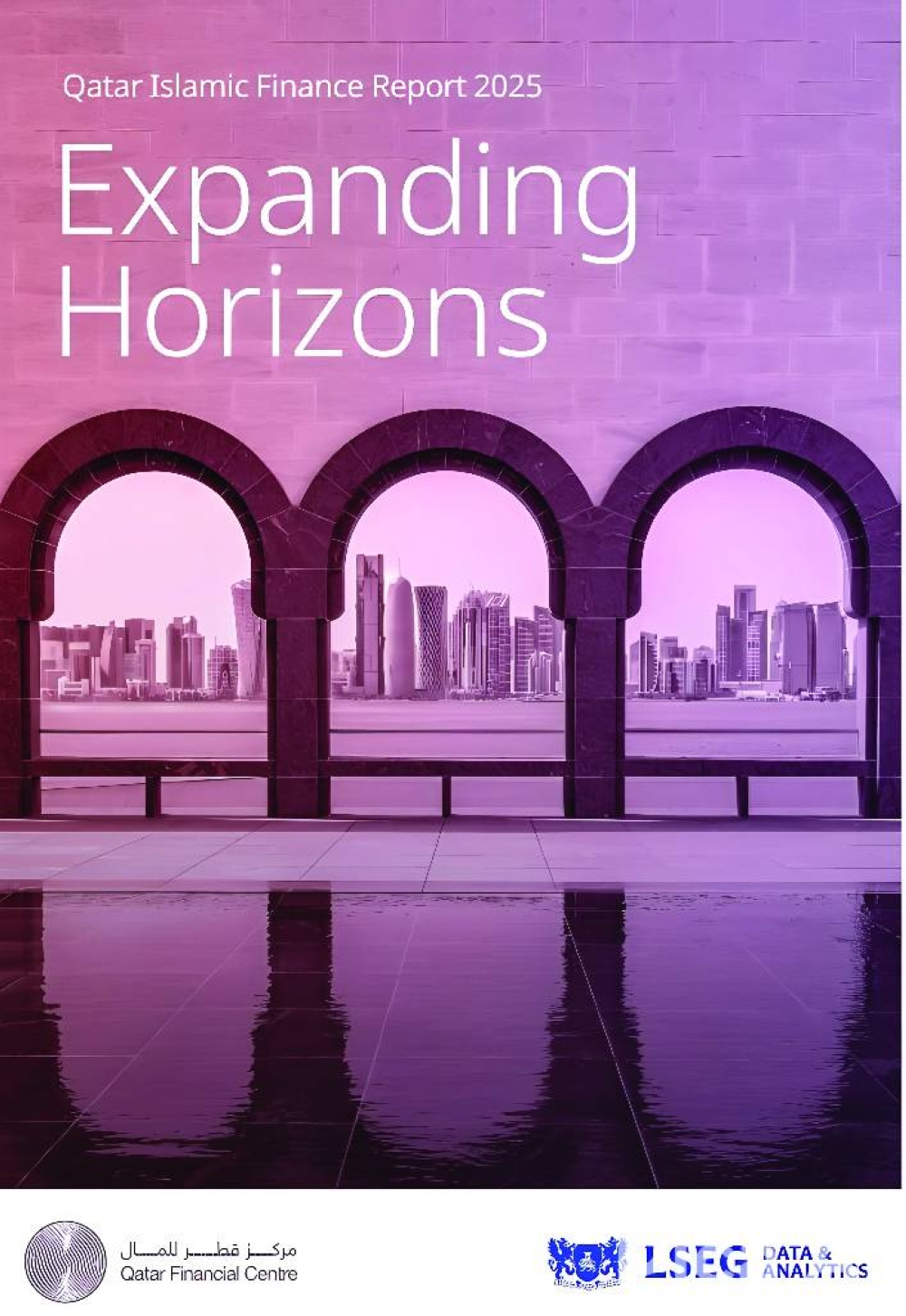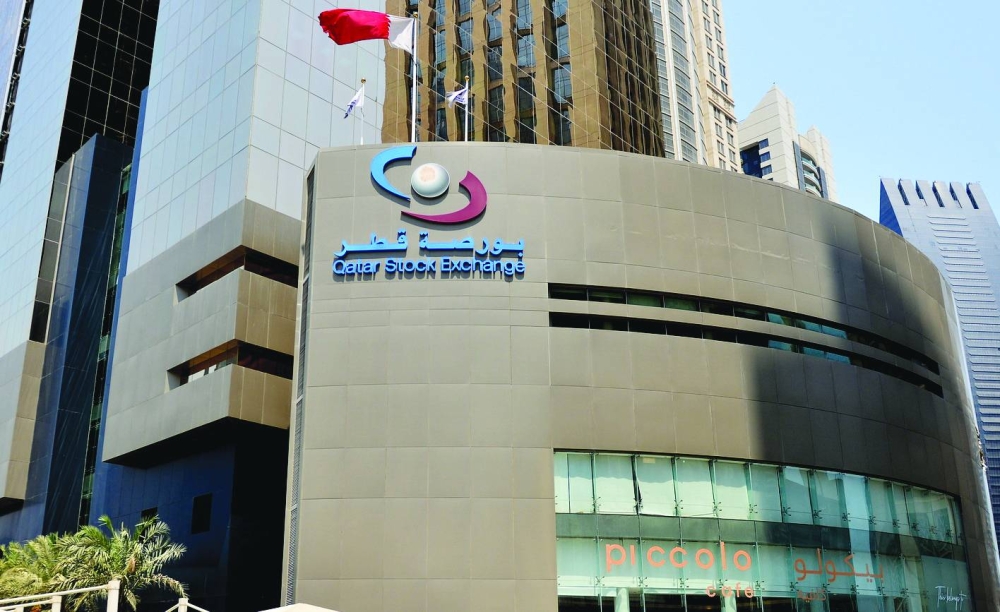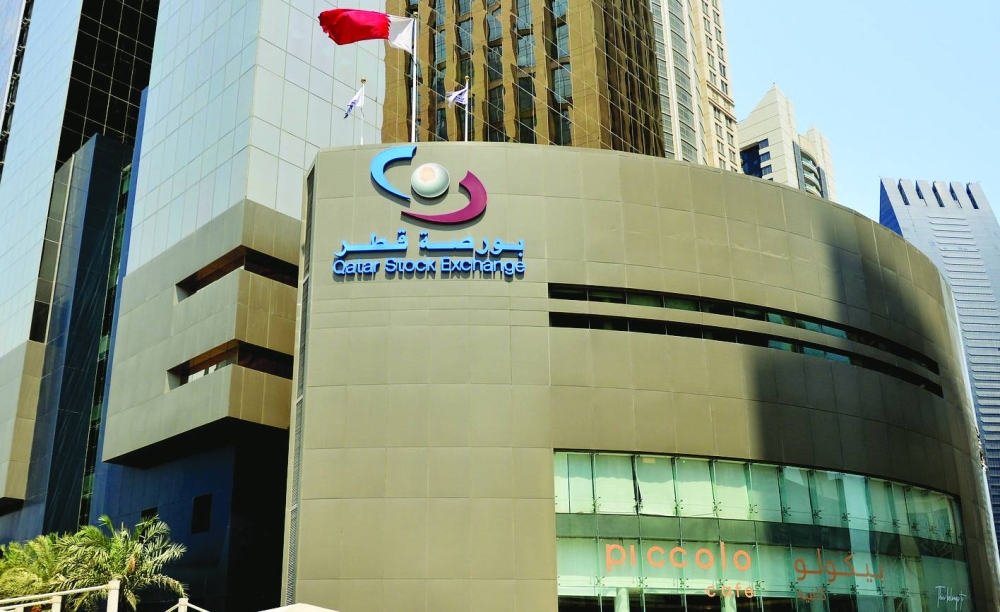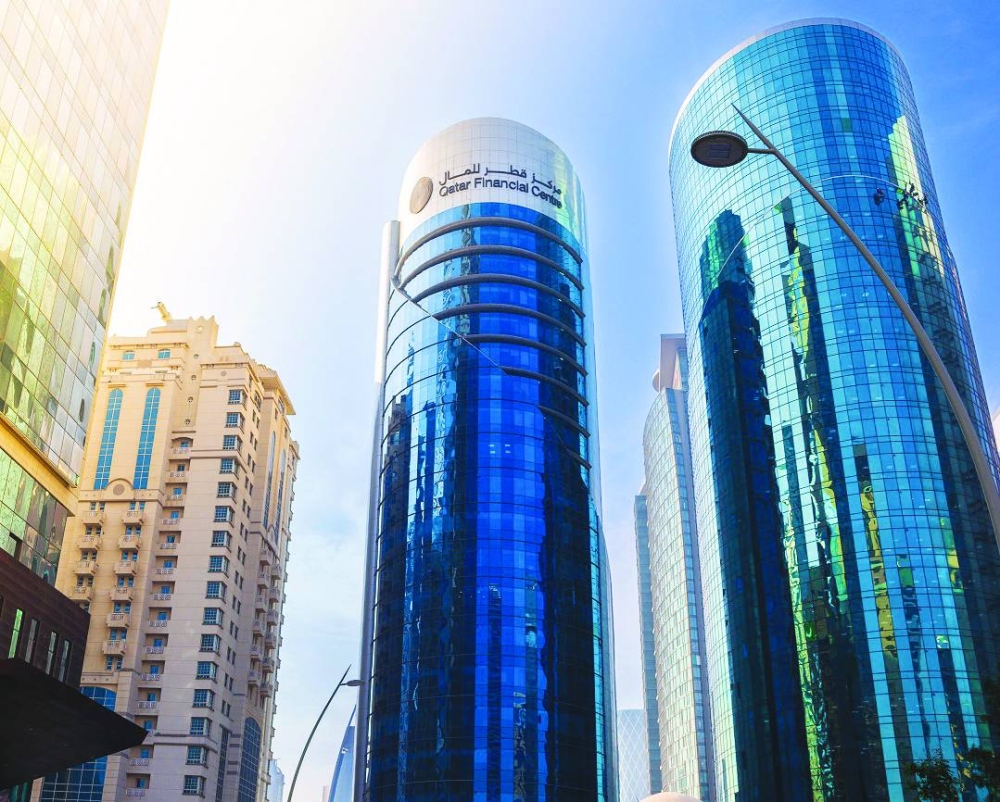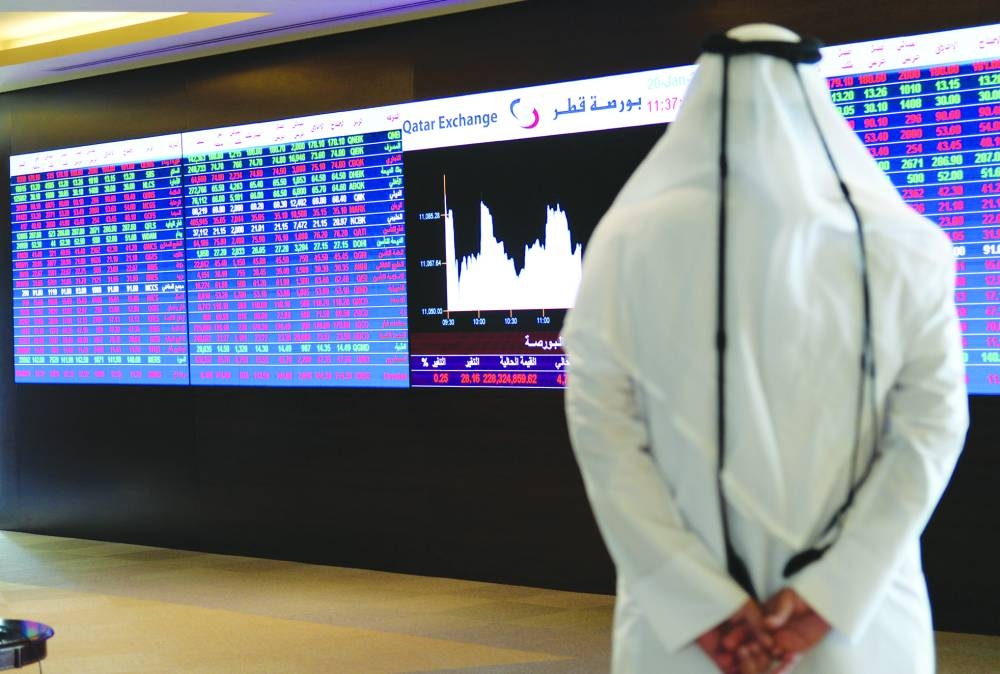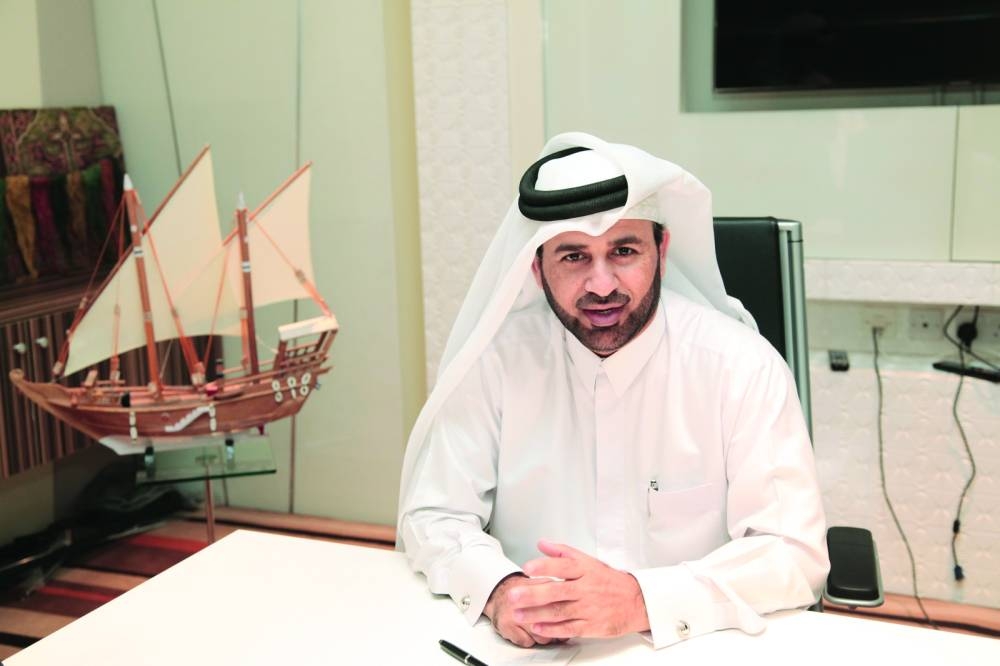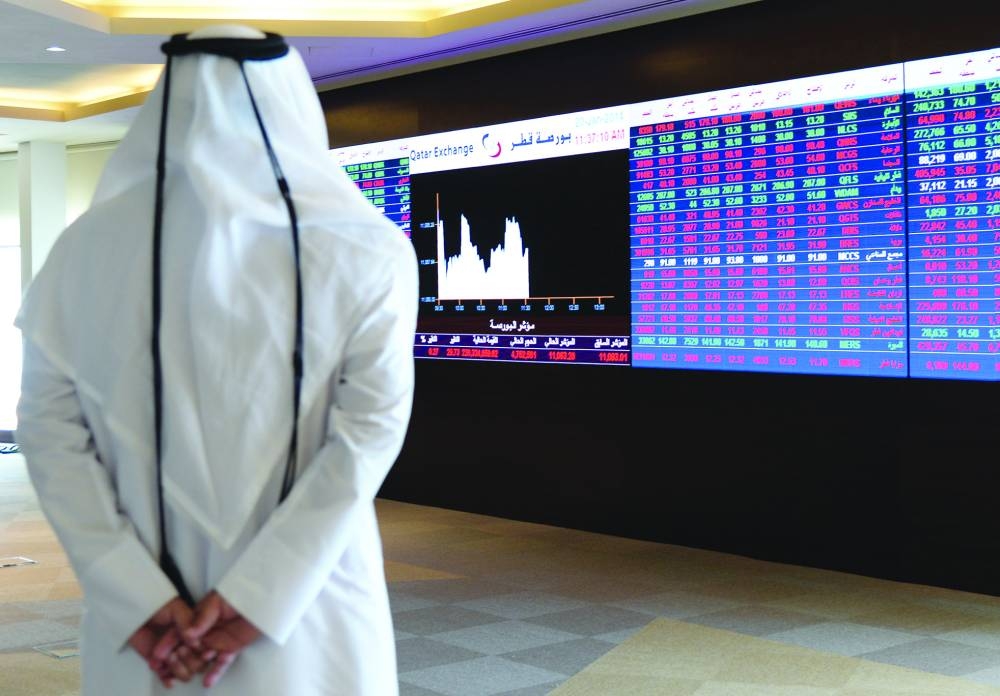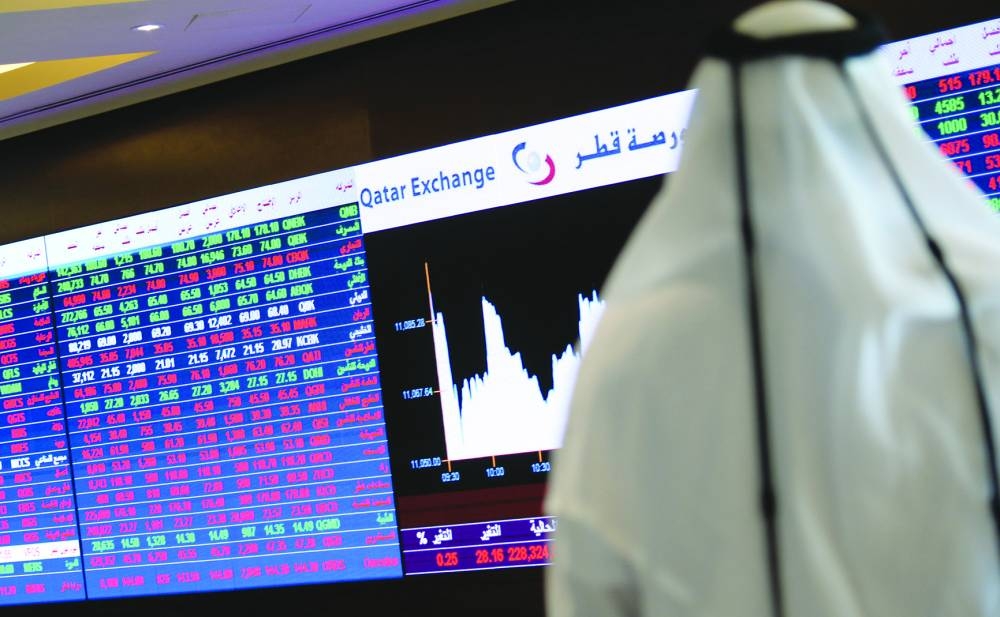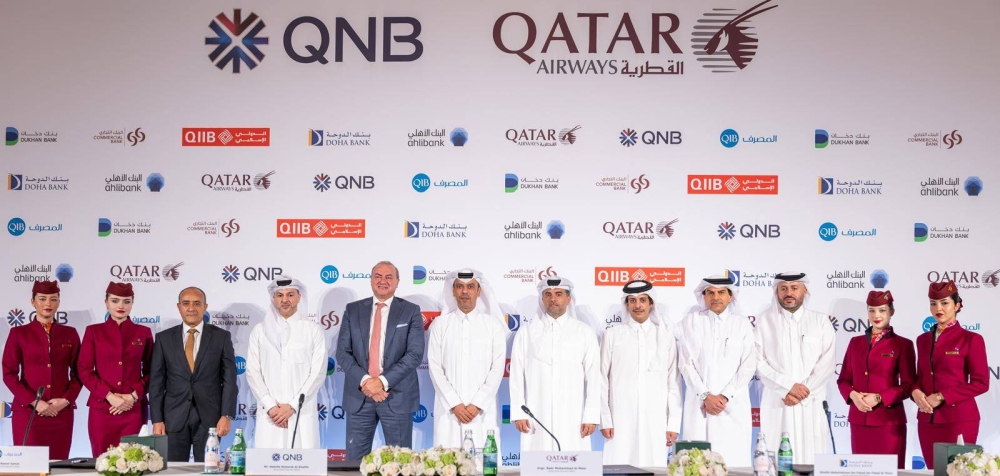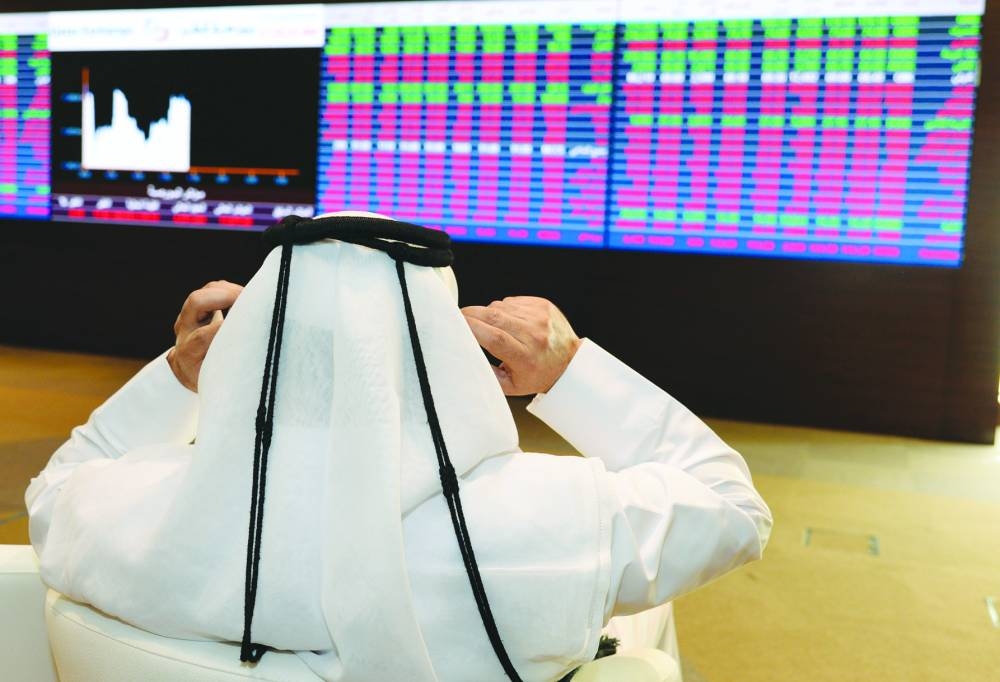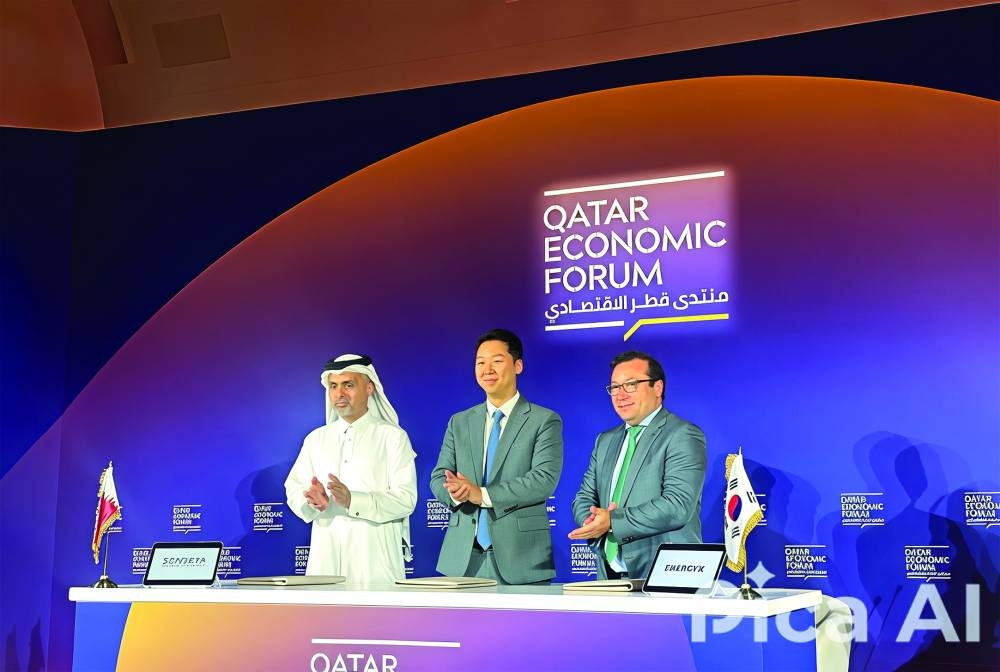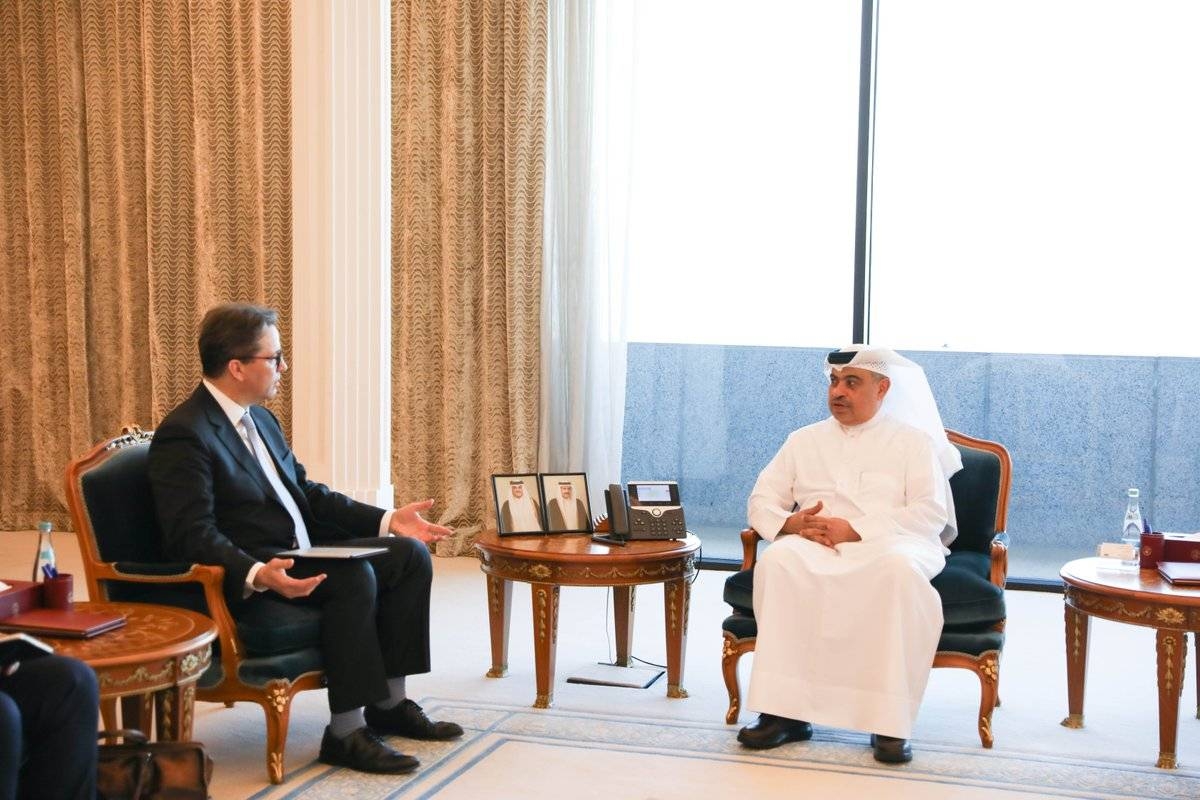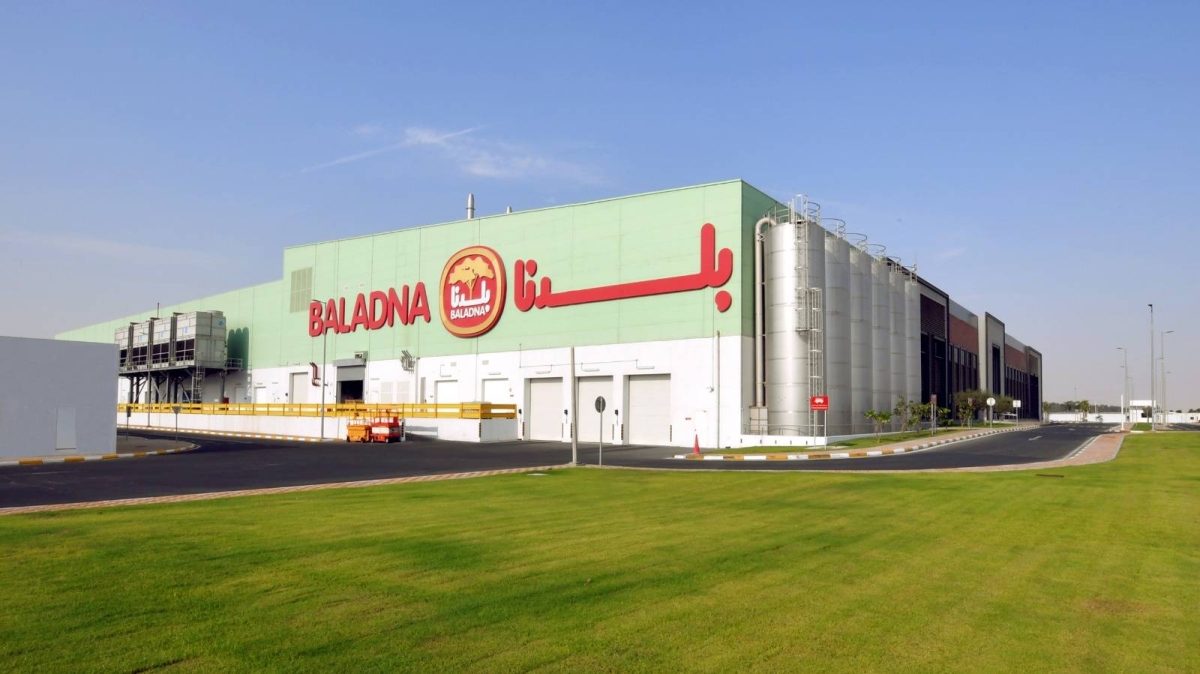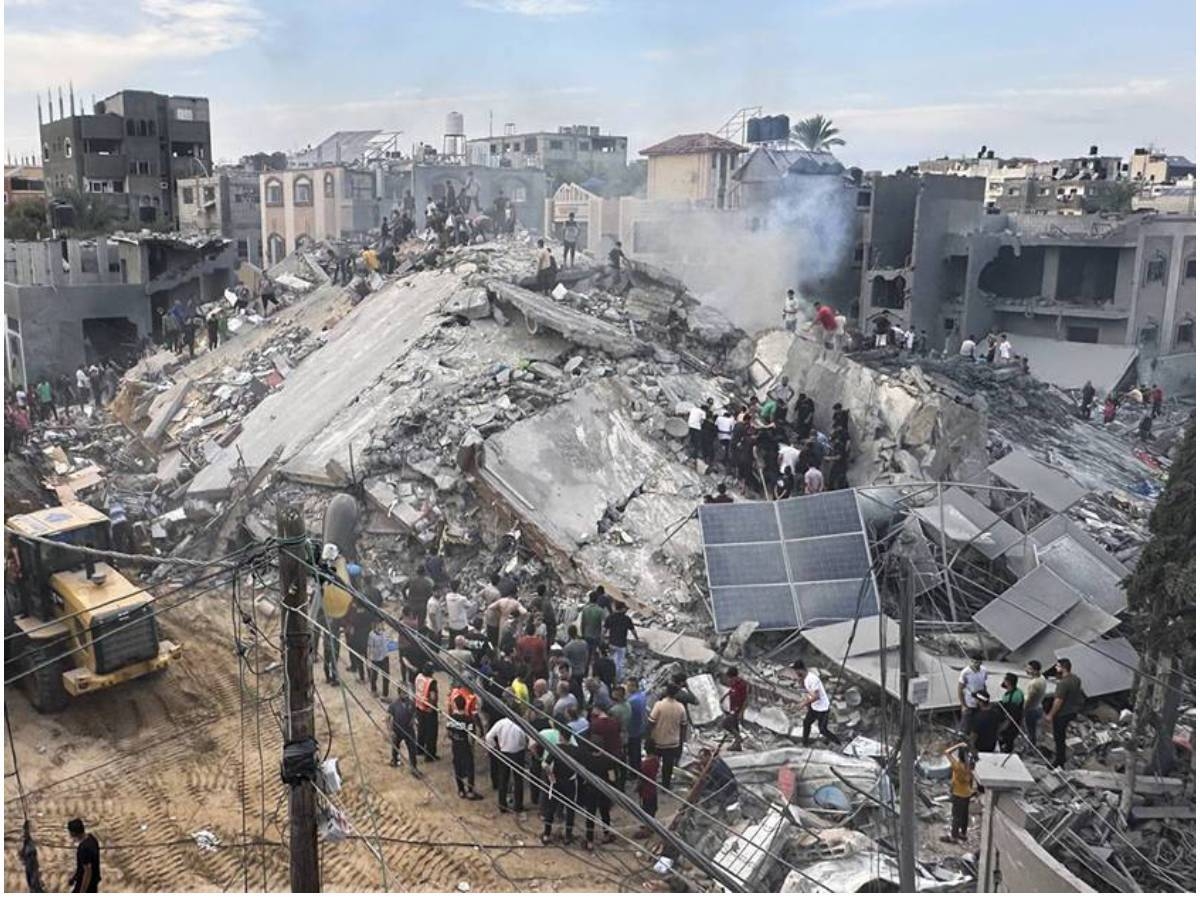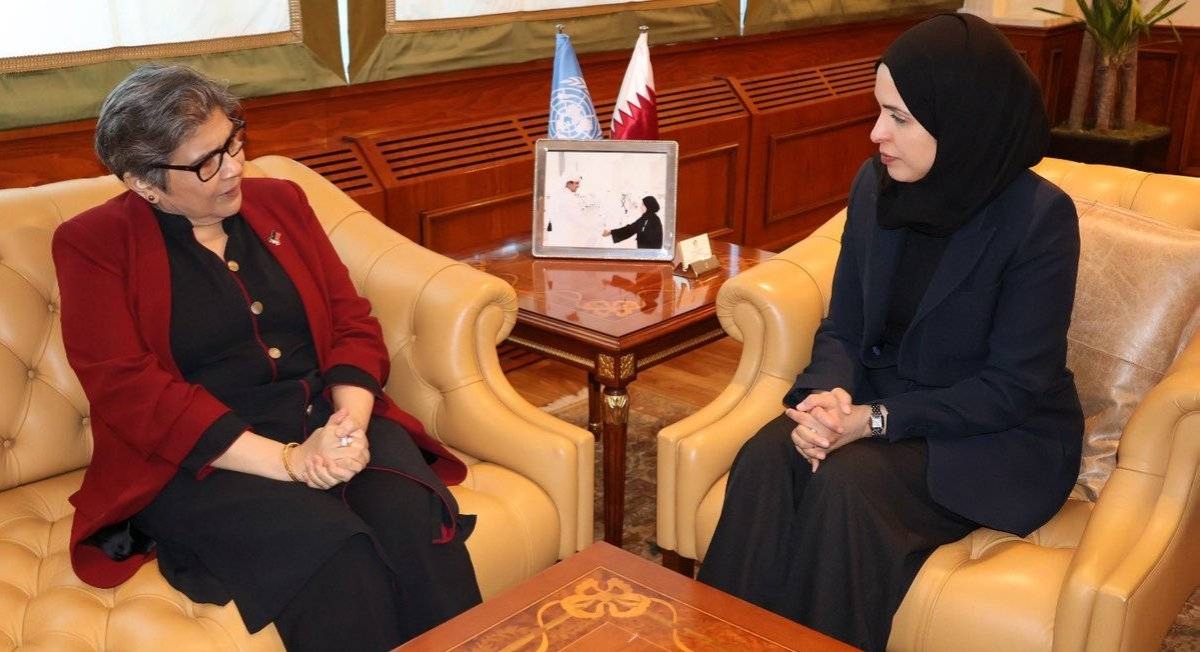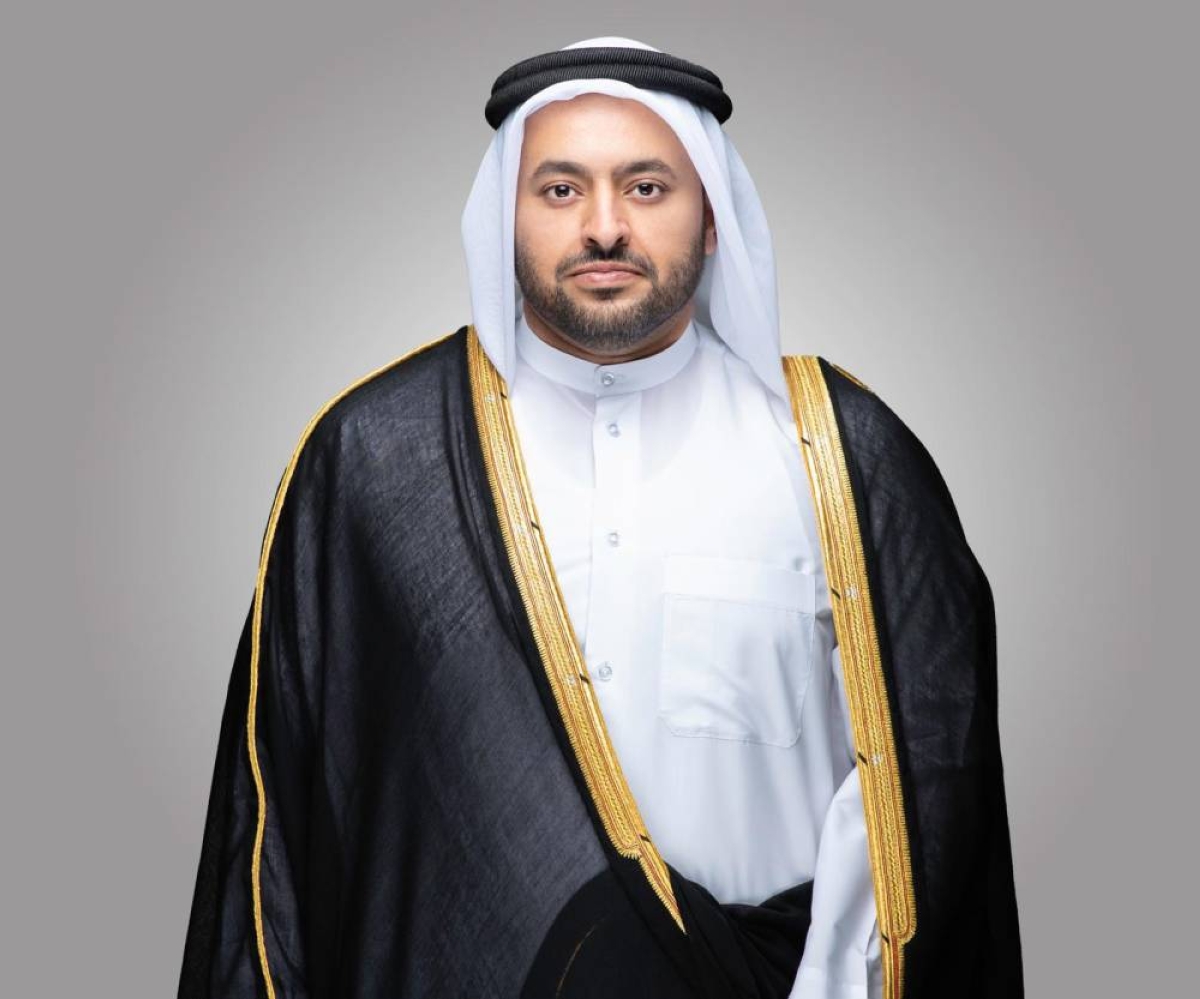Market EyeThe domestic institutions’ strong buying interests on Sunday led the Qatar Stock Exchange (QSE) open the week on a stronger note with its key index gaining 19 points amidst weakened trading activities.The telecom, insurance, real estate, transport and industrials counters witnessed higher than average demand as the 20-stock Qatar Index rose 0.19% to 10,280.2 points, although it touched an intraday high of 10,380 points.The Arab individual investors turned net buyers in the main market, whose year-to-date losses truncated to 2.75%.More than 73% of the traded constituents extended gains to investors in the main bourse, whose capitalisation added QR1.39bn or 0.23% to QR606.8bn mainly on account of microcap segments.The foreign institutions continued to be bullish but with lesser intensity in the main market, which saw as many as 0.02mn exchange traded funds (sponsored by AlRayan Bank and Doha Bank) valued at QR0.05mn trade across nine deals.The local retail investors were seen net profit takers in the main bourse, whose trade turnover and volumes were on the decline.The Islamic index was seen outperforming the other indices of the main market, which saw no trading of treasury bills.The foreign individuals were increasingly net sellers in the main bourse, which saw no trading of sovereign bonds.The Total Return Index rose 0.19%, the All Share Index by 0.15% and the All Islamic Index by 0.44% in the main market.The telecom sector index shot up 2.31%, insurance (1.59%), realty (1.17%), transport (0.71%), industrials (0.4%) and consumer goods and services (0.16%); while banks and financial services fell 0.37%.Major movers in the main market include Al Faleh Educational Holding, Qatar Islamic Insurance, Widam Food, QLM, Medicare Group, Lesha Bank, Qatar German Medical Devices, Qamco, Gulf International Services, Barwa, Ezdan, Ooredoo, Vodafone Qatar and Nakilat.Nevertheless, Dlala, QNB, Qatar Islamic Bank, Mekdam Holding and Woqod were among the losers in the main bourse. In the venture market, Techno Q saw its shares depreciate in value.The domestic institutions turned net buyers to the tune of QR26.59mn compared with net sellers of QR31.98mn on June 19.The Arab individual investors were net buyers to the extent of QR1.57mn against net sellers of QR19.91mn last Thursday.The Gulf institutions net selling weakened noticeably to QR1.83mn compared to QR13.5mn the previous trading day.However, the local retail investors turned net sellers to the tune of QR24.26mn against net buyers of QR14.9mn on June 19.The foreign individuals’ net profit booking strengthened substantially to QR9.56mn compared to QR1.04mn last Thursday.The foreign institutions’ net buying declined significantly to QR7.34mn against QR50.18mn the previous trading day.The Gulf individual investors’ net buying eased perceptibly to QR0.13mn compared to QR1.34mn on June 19.The Arab institutions had no major net exposure for the sixth consecutive day.The main market saw 31% plunge in trade volumes to 192.31mn shares, 67% in value to QR357.64mn and 32% in deals to 14,998.In the venture market, a total of 43,808 equities valued at QR0.11mn changed hands across 14 transactions.

Santhosh V. Perumal
Santhosh V. Perumal, a postgraduate in Econometrics with an advance qualification in Capital Markets and Financial Services, is Gulf Times' journalist. His coverage areas are debt and equity, hydrocarbons, international trade, environment, banks, insurance and real estate. Previously, he was in New Delhi, India as Senior Finance Correspondent of PTI.
Most Read Stories
2

